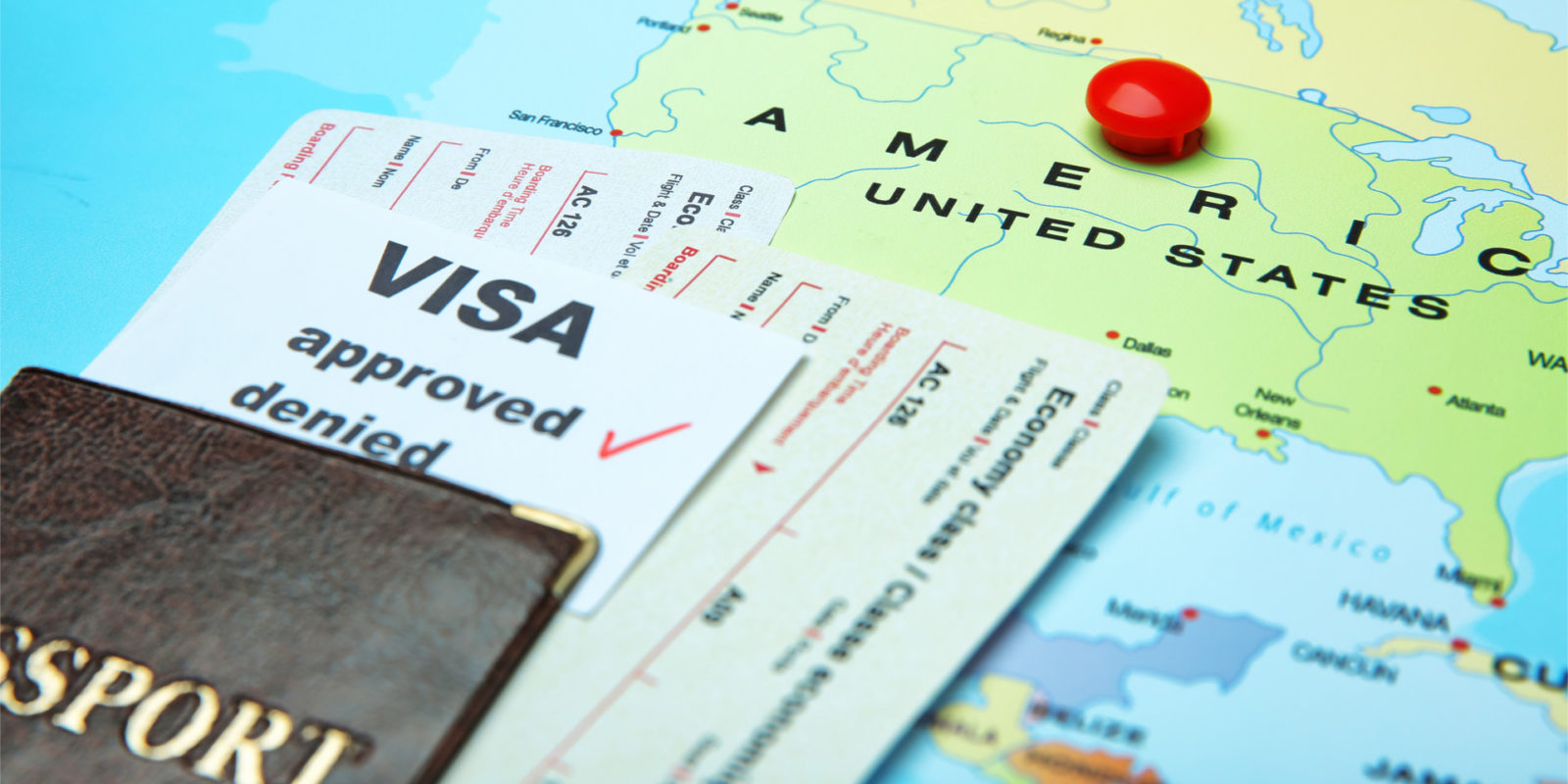The acquisition of an H-1B visa entitles the holder to live and work in the U.S. for a period of three years. This visa may be extended by up to six years to allow domestic employers to continue to take advantage of skilled foreign workers.
However, Congress mandates that just 65,000 H-1B visas may be awarded per calendar year, with an additional 20,000 visas available for foreign workers who possess a master’s qualification or higher. If an applicant’s H-1B visa application is rejected, is it possible to simply lodge another application?
How Can I Apply for an H-1B Visa?
The H-1B visa is a work visa that requires a U.S. employer to act as a sponsor. In other words, an applicant must already have a job offer from a U.S. employer willing to sponsor a visa application. The employer is responsible for starting the application process. They must first submit a Labor Conditions Approval (LCA) to the Department of Labor using the iCERT Postal System.
The employer will be required to submit Form I-129 after the LCA has been approved. This is the primary application form and will contain information about the employee’s qualifications, role, and their employment agreement. The processing time can take three or four months on average unless the employer opts to pay for premium processing. Average processing times can differ depending on the state. Application costs are typically borne by the employer. The employee should not have to cover their own application costs.
Common Questions Regarding H-1B Visas
If an H-1B visa is authorized, the applicant must visit a U.S. embassy or consulate in their home country and complete the application. This process takes two to three days to complete.
What Happens If My H-1B Visa Application Is Denied?
U.S. employers are able to hire foreign labor and allow them to start working during the application process. They are also able to hire foreign labor if the applicant is currently in the process of appealing a decision made by the United States Citizenship and Immigration Services (USCIS). If an H-1B visa application is denied, the employee must stop working for their employer immediately. Failure to do so will result in the employee being classified as ‘out-of-status’. If the applicant is not planning to submit a further application, they will have a date supplied as to when they will be required to depart U.S. soil.
What’s The Difference Between A H-1B Rejection And A Denial?
There is a difference between receiving a rejection and a denial for an H-1B visa application. When an application is submitted, the USCIS will review the paperwork. If something is missing, the application will be rejected. This is a technical error that is easily corrected. Applicants who are rejected are welcome to correct any errors and refile their applications.
Denial occurs when the USCIS reviews an application and determines the applicant does not meet the requirements. Denials can happen for a range of reasons, but there are other routes to get around a denial. In the case of a denial, it is best to consult an immigration attorney for an alternative solution. Even if an applicant receives a denial, there may still be other visas that would allow the employee to work and reside within the U.S.
Is There A Limit To The Number Of Times I Can Apply?
There are no limits on how many times an applicant can apply for an H-1B visa. However, the USCIS states that applicants should only reapply if there is a significant change in their circumstances. If the applicant fails to rectify the reasons for their initial denial, any further applications will be rejected again and again.
Common Reasons For H-1B Visa Denial
Denials occur because the USCIS believes the applicant does not meet the conditions of the H-1B visa program. This means the most common reasons for denial of an H-1B visa occur because the applicant does not demonstrate that they are a highly skilled worker with appropriate academic qualifications. The employer must also demonstrate a legitimate employer-employee relationship and show that the presence of the foreign employee will not damage pay and conditions for existing domestic workers. Failure to appropriately maintain a previous U.S. visa or other pertinent facts, such as a criminal record, may also make the applicant inadmissible to the U.S.
Speak With An Experienced Fairfax Immigration Attorney
Applicants who have seen their H-1B visa applications rejected may need to change their status to continue residing in the U.S. or may need to find alternate means of entering the U.S. If you find yourself in this scenario, it is important to consult an experienced immigration attorney. They will be able to review your case and make recommendations as to other possible avenues of entry. Call Pride Immigration at (703) 594-4040 or contact us online to find out more about the different visa options available, or for help with making a new H-1B visa application.
Beeraj Patel, Esq.
Latest posts by Beeraj Patel, Esq. (see all)
- Impact of Life Changes on Green Card Applications - June 16, 2025
- Common K1 Visa Criminal Background Issues - June 2, 2025
- Does Social Media Have an Impact on Your K1 Visa Application? - May 19, 2025
